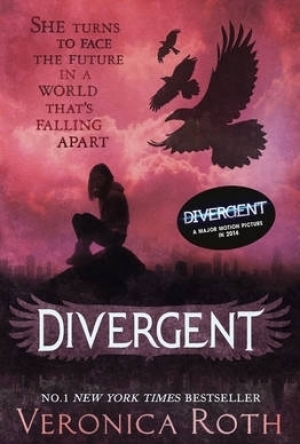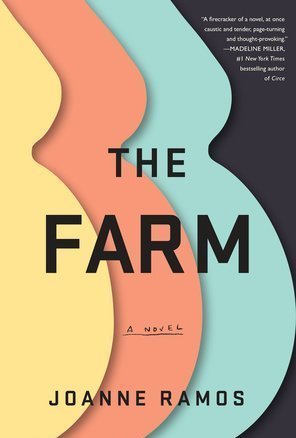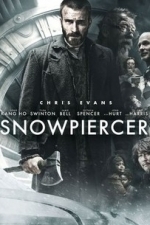Sarah (7800 KP) rated Priest (2011) in Movies
Oct 8, 2018
I desperately want to be like you ..."
So might read the opening words of my (imaginary) letter written by the protaganist of this series to the protaganist of the (more famous) Hunger Games series, as there are (more than) a few similarities in common: both novels are set in a dystopian future, both feature a female protaganist, both have some PG-rated romance thrown in, and both deal with themes of family.
Actually, on second thoughts: maybe I'm being a bit unfair on Tris Prior - if this novel had come along first (instead of [b:The Hunger Games|2767052|The Hunger Games (The Hunger Games, #1)|Suzanne Collins|https://d.gr-assets.com/books/1358275334s/2767052.jpg|2792775]), my imaginary letter may well have started with:
"Dear Tris Prior
I desperately want to be like you ..."
;-)
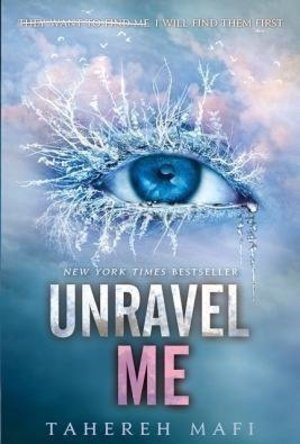
Unravel Me (Shatter Me, #2)
Book
Juliette is still haunted by her deadly touch. But now that she has teamed up with other rebels with...
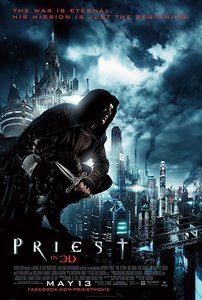
Priest (2011)
Movie
PRIEST, a post-apocalyptic sci-fi thriller, is set in an alternate world -- one ravaged by centuries...
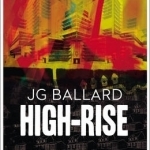
High-Rise
Book
From the author of 'Crash' and 'Cocaine Nights' comes an unnerving tale of life in a modern tower...
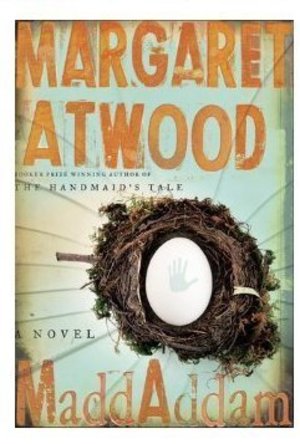
MaddAddam (MaddAddam #3)
Book
A man-made plague has swept the earth, but a small group survives, along with the green-eyed Crakers...
Dystopia sci-fi Genetic engineering
Jennifer Weiner recommended The Farm in Books (curated)
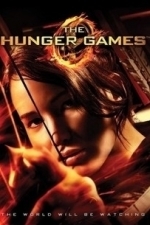
The Hunger Games (2012)
Movie Watch
In a dystopian future, the totalitarian nation of Panem is divided into 12 districts and the...
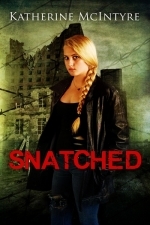
Snatched
Book
When Kara was ten, the shifters took her parents. A year ago, they took her best friend Hunter. ...
science fiction dystopian post apocalyptic young adult monsters
Blazing Minds (92 KP) rated Snowpiercer (2013) in Movies
Nov 1, 2021 (Updated Nov 3, 2021)
Set in 2031, the entire planet is frozen and the world’s only survivors live aboard the Snowpiercer: a train that’s been hurtling around the globe for the past seventeen years. Within the carriages, the remnants of the human race have formed their own divisive economic and class system.
